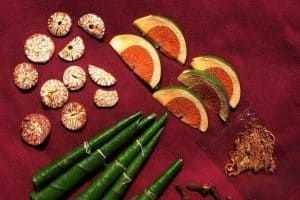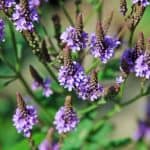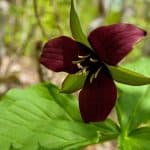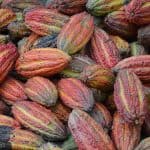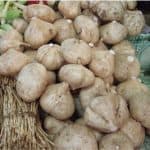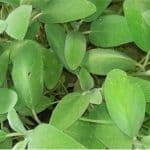Betel nut comes from the Areca plant and is consumed for medicinal as well as recreational uses by 10-20% of the world’s population since 2000 years as a time honoured custom. In many households, it is customary to have betel nut with betel quid, i.e. paan-supari as a mouth freshener and to aid in digestion after a heavy meal. The habit is so prevalent that even pregnant women consume it to ward off symptoms of morning sickness, to fight bad breath or because they are addicted to it. Betel nut is considered fourth most addictive substance after nicotine, alcohol and caffeine.
But chewing betel nut during pregnancy is a bad idea. Betel nut affects certain chemicals in the brain as well as the central nervous system and this might endanger a pregnancy. One clinical study conducted on six newborns from Asian mothers who chewed betel nut during pregnancy reports that there is a high risk of adverse pregnancy outcomes including spontaneous abortion, low birth weight, as well as preterm birth. The WHO has classified betel nut as a carcinogen. The FDA has placed betel nut in its poisonous plants database. Chewing betel nut may give an immediate burst of energy and a feeling of euphoria. But the long list of adverse effects on the health of an expecting mother and her foetus outdo the short term gains.
https://fn.bmj.com/content/90/3/F276
https://pubmed.ncbi.nlm.nih.gov/19665325/
https://www.webmd.com/vitamins/ai/ingredientmono-995/betel-nut
